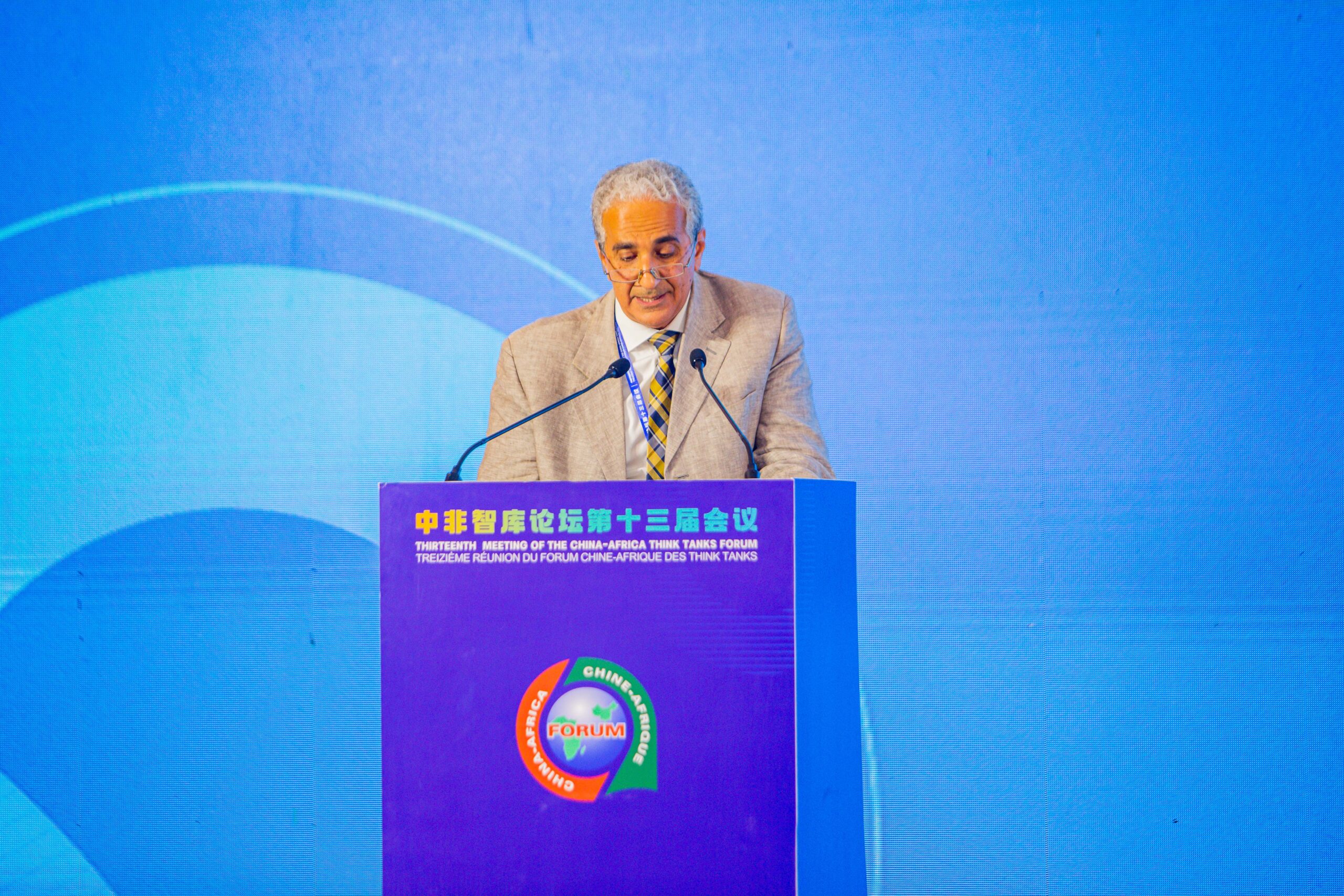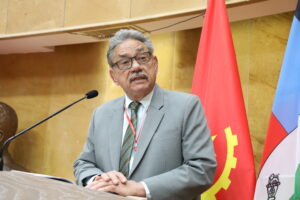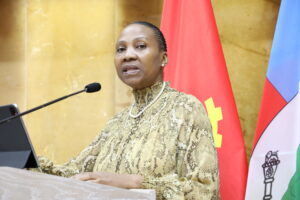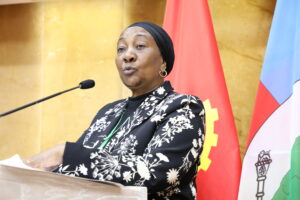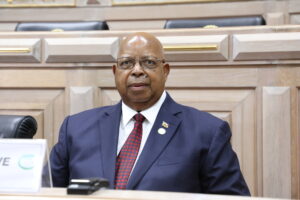But industrialisation is key for Africa to realise real growth accompanied by job creation
Silence Charumbira, recently in Dar es Salaam, Tanzania
DAR ES SALAAM, Tanzania – China’s Belt and Road Initiative (BRI) has grown exponentially from planning to execution to become “the most important and far-reaching project” in the current generation, according to former Egyptian envoy, Maged Refaat Aboulmagd.

Aboulmagd said this on Friday during the 13th China-Africa Think Tanks Forum (CATTF) in Dar es Salaam, Tanzania.
Aboulmagd served as an envoy of the Arab Republic of Egypt to different countries like
Belgium, Bahrain, Russia and Nigeria among others. He was also at one point the Permanent Mission of Egypt to the United Nations.

BRI has achieved immense growth
During his speech during the one-day meeting, Aboulmagd said Africa’s partnership with China in the last decade was without doubt a great step forward.
“The African Chinese partnership during the last 10 years is without question a great step forward, which carry promise and huge potential for both sides. We have all witnessed during the last decade how The Road and Belt Initiative grown from planning to execution. Today, the BRI is a global economic endeavor like no other, which engages some 70% of world population and accounts for more than 50% of global GDP.

“In my personal opinion the BRI is perhaps the most important and far-reaching project since the Marshall Plan following World War II. During the last decade, infrastructure, connectivity and trade was the focal point of BRI along with several other complementing fields.”
Industrialisation can achieve lasting growth and impact
He therefore advocated a new field for possible cooperation, industrialisation.
Economic growth in Africa has been accelerating for the past two decades with the continent enjoying sustained economic growth and registering an annual average growth of more than 4 percent.
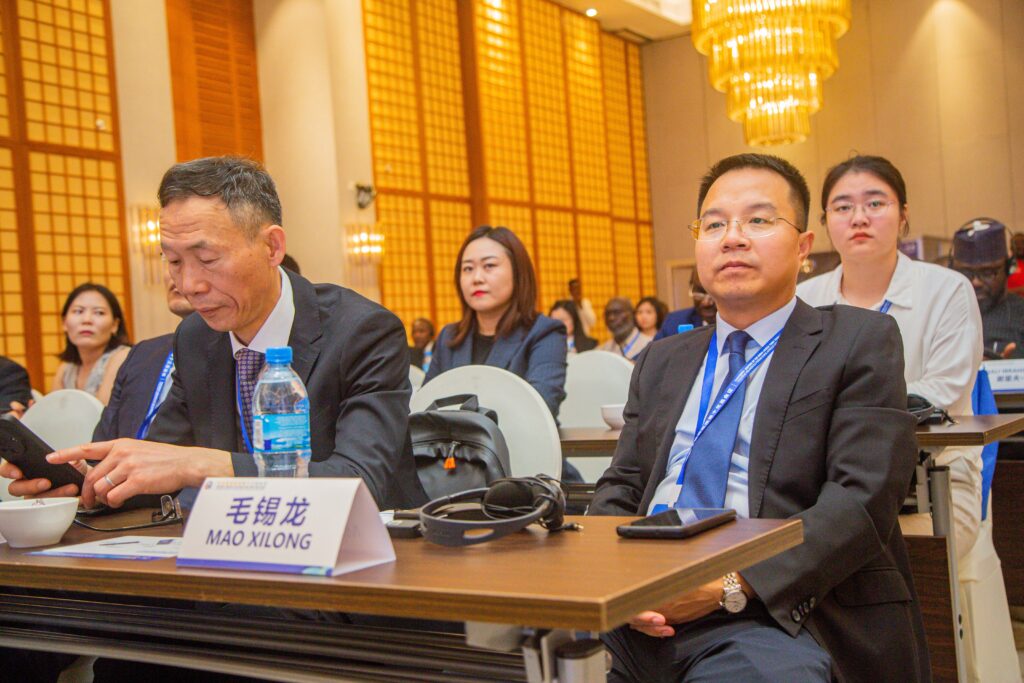

“This episode of rapid economic growth, where four out of 10 fastest growing economies in the world in the past 10 years were African countries, undoubtedly kindling high hopes for the continent.”
But despite the optimism, there was a subtle cautionary tale as the growth had been punctuated by joblessness, with poverty remaining stubbornly high. The benefits of the growth have therefore not been shared equally among Africans.
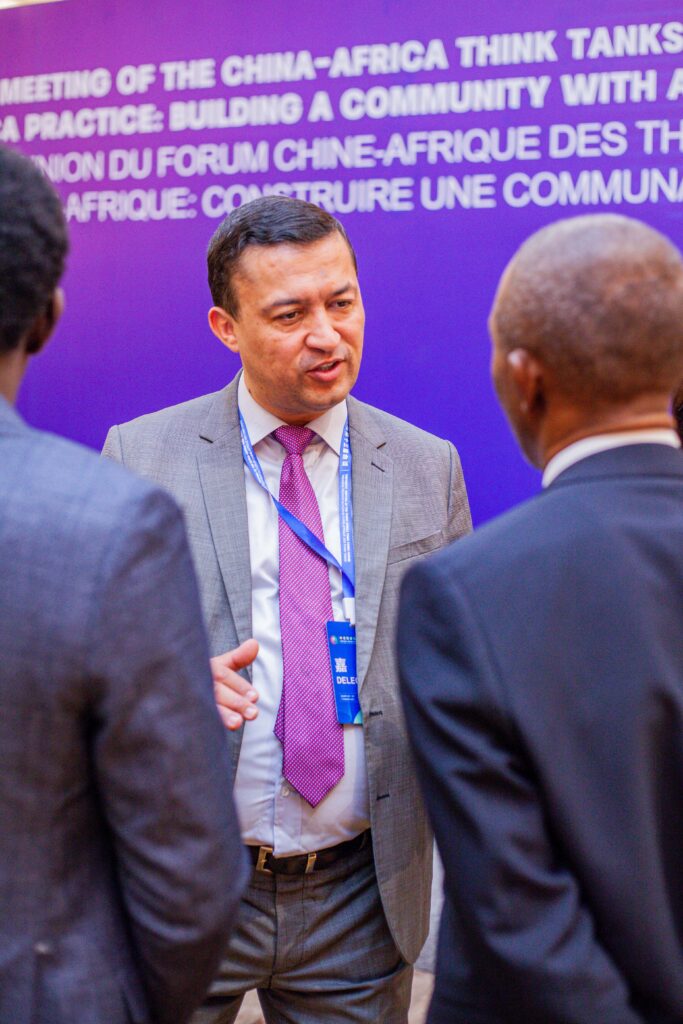
Growth has so far been without jobs
“Growth in Africa has been largely without adequate job numbers.”
This can be rectified by stimulating job creation through industrialising sectors like the agro-industry, the services sector and the industrial sector.
“The largest sector on the continent contributing over 50% of GDP and employing over 60% of the workforce. This sector is an important source of income and jobs for millions in Africa. Although accounting for more than $270 billion dollars in total, the bulk of the services sector activities are in the non-tradable subsections serving the domestic market like wholesale trade, restaurants, hotels, transport, storage and communications. The bright spots in this sector are outsourcing and offshoring services.
“Secondly, the agriculture sector is the backbone of Africa’s economy. For 70% of the population, it is the primary source of livelihood and accounting for about 25% of the Africa’s GDP. However, the yield and productivity are among the lowest. The challenges in this sector include small farm sizes as 80% of farming lands are less than two hectares.”

Other challenges included outdated farming methods as two thirds of farming lands get little or no fertilisers, only 3% of the cultivated land are irrigated, and most the products are perishable. Therefore, unless processed or packed, the products are consumed locally generating little income.
“Let’s remember Africa is still a net importer of food, spending about $35 billion per year on food imports.
Manufacturing has achieved the least growth
“Thirdly, the industrial sector where the share of manufacturing in the GDP in Africa is one of the lowest and has been decreasing over time. In 2020 it contributed less than 15% to Africa’s GDP. It is dominated by raw materials like minerals, glass, metals and fuel accounting for 55%. The sector has not only been minimal in its contribution to Africa’s GDP and employment but also concentrated in few African countries. Only 10 countries dominate almost 80% of the continent’s manufacturing activity.
Related news
13th China-Africa Think Tanks Forum strives to shape future relations
“This sector needs a healthy dose of investments not only in the food sector but also in products like beef and fish processing, leather, and cocoa to mention a few. Manufacturing needs to take hold in African economies, and no better partner to co-invest in our drive for industrialisation than China,” Aboulmagd said.

For Africa’s partnership with China to move develop, it must therefore move wider and upward.
“We might have to consider adding industrialisation to our priorities, in particular the agro- industry. It will link two sectors together, create value, jobs in the global supply chain, boosting food security, therefore, reducing poverty and creating growth.
“The recent establishment of industrial parks in Tanzania and in Egypt and elsewhere are excellent starting point in this direction. Together Africa and China will gradually be building a community of shared future,” Aboulmagd said.






